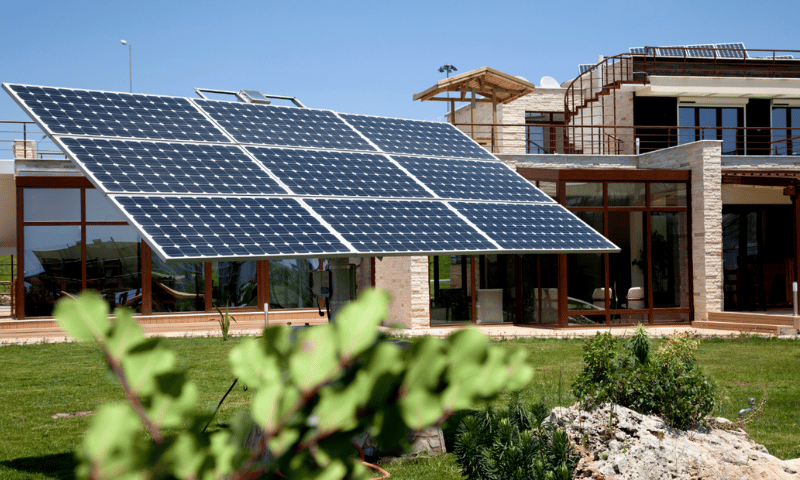
Harnessing Solar Power – Reducing Carbon Footprint on Earth
In the face of climate change and the urgent need to reduce carbon emissions, transitioning to renewable energy sources has become imperative. Solar panels have emerged as a clean and sustainable solution to reduce our carbon footprint on Earth. Harnessing the power of the sun not only reduces greenhouse gas emissions but offers numerous environmental and economic benefits.
-
Clean Energy Production:
Solar panels generate electricity by converting sunlight into electrical energy. Unlike fossil fuels, which release harmful carbon dioxide (CO2) and other pollutants when burned, solar panels produce clean, emission-free energy. By switching to solar power, we can drastically reduce our reliance on fossil fuels and mitigate the environmental damage caused by their extraction and combustion. Solar Peak offers solar panels for your home, and you may contact the experts here to learn more about solar panel installation.
-
Reduced Carbon Emissions:
One of the most compelling reasons to install solar panels is their ability to reduce carbon emissions. Solar energy systems produce zero emissions during operation. According to the National Renewable Energy Laboratory, a typical residential solar panel system can offset 100 tons of CO2 over its lifetime. The reduction in carbon emissions can be even more substantial by installing solar panels on a larger scale, such as in commercial and industrial settings.
-
Energy Independence:
Solar panels allow individuals, communities, and nations to become more energy-independent. By generating electricity locally, we can reduce reliance on centralized power grids, which often rely on fossil fuels. This decentralization enhances energy security and reduces the carbon footprint associated with long-distance energy transmission.
-
Financial Savings:
Beyond their environmental benefits, solar panels offer significant financial advantages. While the initial installation cost can be a deterrent for some, the long-term savings on energy bills and potential incentives, such as tax credits and rebates, make solar power an attractive investment. As technology advances, solar panels become more affordable and efficient, further enhancing their economic viability.
-
Job Creation:
The solar industry is a significant source of job creation. Solar panel manufacturing, installation, maintenance, research, and development contribute to employment opportunities. As the demand for solar energy continues to grow, so does the need for a skilled workforce, which can stimulate local economies and provide sustainable livelihoods.
-
Environmental Preservation:
Solar panel installation reduces carbon emissions and helps preserve natural ecosystems. The extraction of fossil fuels often leads to habitat destruction, air and water pollution, and wildlife harm. Solar energy, on the other hand, has a minimal environmental footprint once the panels are in place.
-
Technological Advancements:
Investment in solar technology promotes innovation and research into cleaner and more efficient energy solutions. Advances in solar panel design and energy storage technologies can revolutionize how we generate and consume energy, ultimately driving down costs and further reducing our carbon footprint.
Installing solar panels is a critical step toward reducing our carbon footprint on Earth. By embracing clean, renewable energy sources like solar power, we can mitigate climate change, reduce air pollution, foster energy independence, and create a more sustainable and prosperous future.



